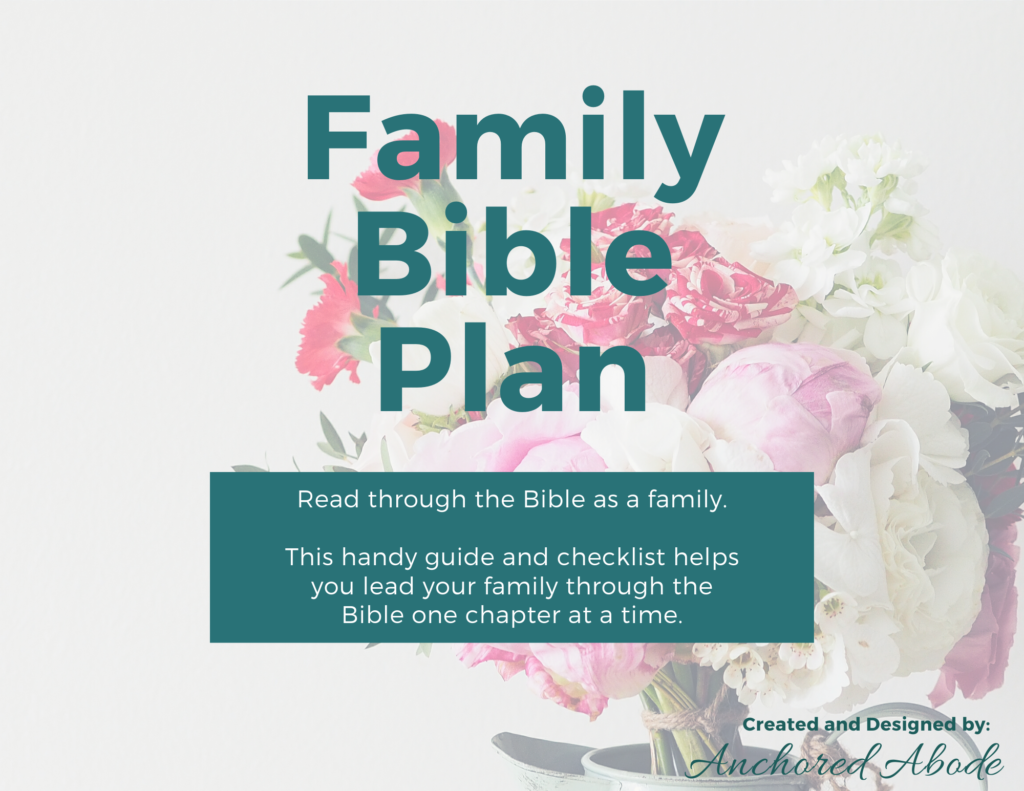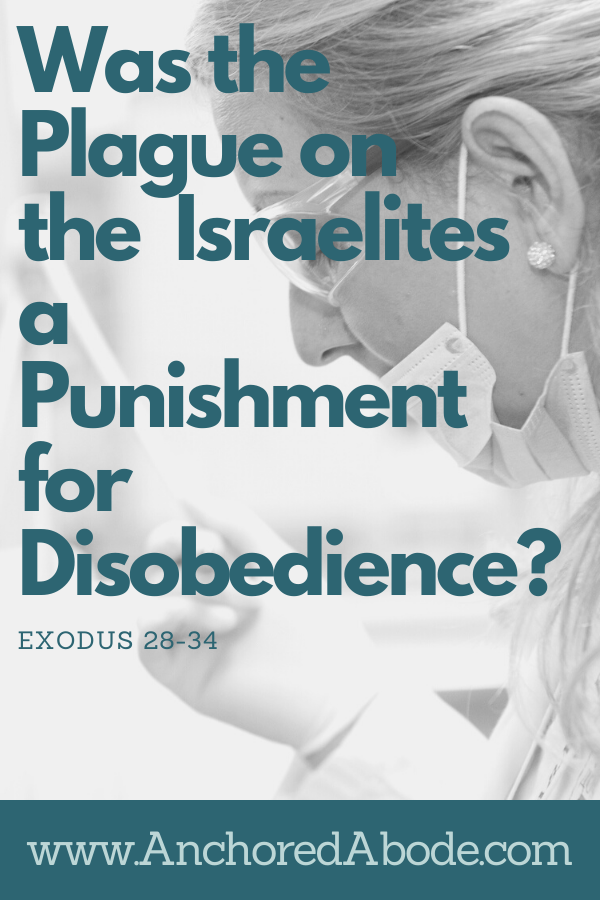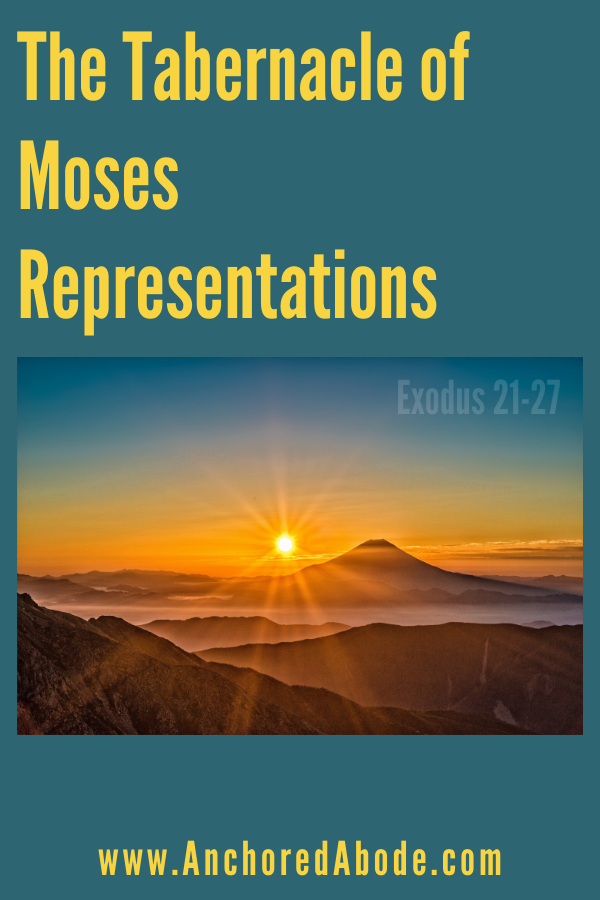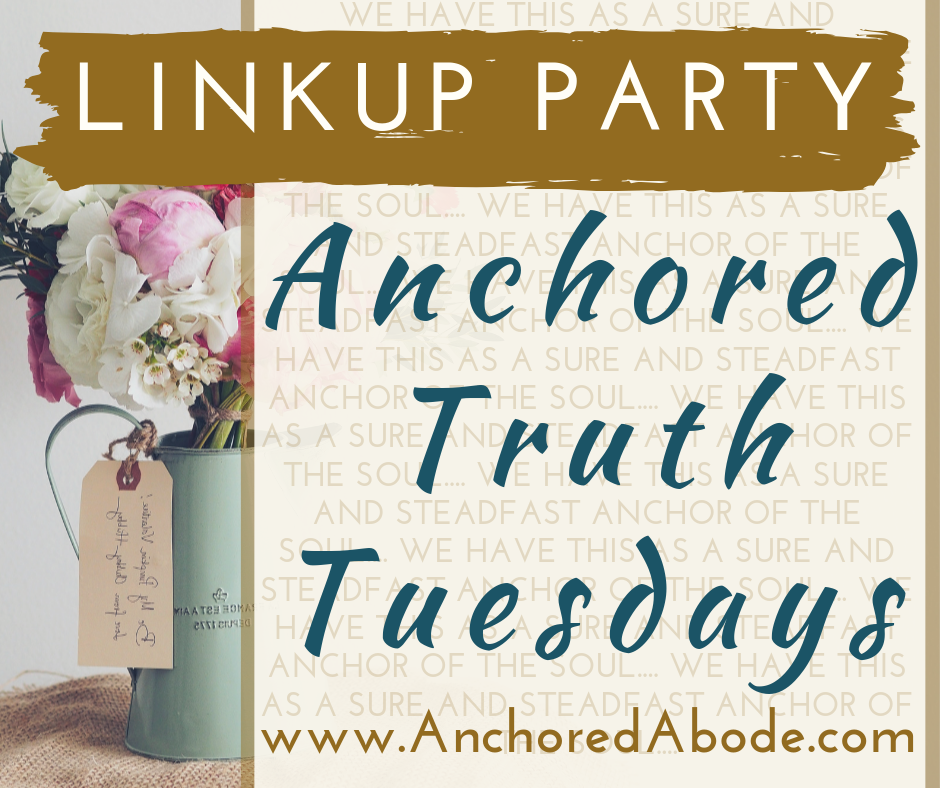Have you ever heard someone gossiping about you? It hurts to hear those lies and twisted versions of reality. Pastor’s reputations can be destroyed; friendships can be shattered, even entire family units can be left in shambles as a result.
What do we do with these flagrant violations against others? What about flagrant violations against God? Here, we see there is a punishment for disobedience.
Holiness…
Considering the holiness of God gives us a scale to see the weight of disobedience and why the consequences are so heavy. In chapters 28-31 of Exodus, God provided Moses with intricate details about His tabernacle.
He lays out for him the ornate specifications, all while sharing that He will gift people with the talents needed to accomplish them. Attribution of our natural gifts are all to be given to God. It is He who made us, and we are His. Our gifts should be used for His glory.

Don’t forget to download your copy of our Family Bible Plan. Sign up for our email list to walk through the Bible with us! It’s never too late to start….
[email-download-link namefield=”YES” id=”3″]
The holy garments of Aaron shall be for his sons after him; they shall be anointed in them and ordained in them.
Through seven days shall you ordain them, and every day you shall offer a bull as a sin offering for atonement. Also you shall purify the altar, when you make atonement for it, and shall anoint it to consecrate it. Seven days you shall make atonement for the altar and consecrate it, and the altar shall be most holy. Whatever touches the altar shall become holy.
Exodus 29:29, 35b-37
You shall keep the Sabbath, because it is holy for you. Everyone who profanes it shall be put to death. Whoever does any work on it, that soul shall be cut off from among his people. Six days shall work be done, but the seventh day is a Sabbath of solemn rest, holy to the Lord. Whoever does any work on the Sabbath day shall be put to death.
Exodus 31:14-15
We also can see in those chapters the seriousness of holiness. The altar itself had to be purified before it could be used SO THAT what was sacrificed on it would be worthy. None of the items could be carried like we’re moving a bunch of furniture in a house, they were carried on poles which only touched rings attached to the pieces. Whenever the priests were to enter the Tent of Meeting, they HAD to wash with water or they would die. The altar of burnt offering had to be consecrated so it would be holy AND whatever touched it would be holy. No one could even duplicate the recipe for the anointing oil or incense or they would be cut off from the people. The Sabbath day, already set apart in creation and with the manna/quail arrangements, is now specifically determined that those who disobeyed should be put to death. Not treating God as holy was enough reason a punishment for disobedience could occur.
It is crucial for us to see and view these chapters as a guide for us to see how holy God really is. If we don’t, I fear we fail to see the beauty in why these details mattered so much.

The Israelites…
While God was instructing Moses on the mountain, we learn also what the Israelites were doing during that time. It is interesting to note how the different people responded during this. The Israelites distanced themselves from God, then Moses. They claimed Moses delivered them, then after asking Aaron to make an idol (and his compliance) they give credit of deliverance to this newly fashioned idol. Distancing themselves emotionally from God and Moses, it is then easier to step away. I see the same similarity in my own heart, when I distance myself from devotions or prayer, it is then that it becomes easier to sin.
Aaron…
Aaron, after his strength in leadership surrounding the 10 plagues and being the voice of Moses, listens to them and complies. While the Bible doesn’t specify if he was willing, it also doesn’t say that he threw up a fight, or contested, or questioned them. We find later on in Numbers 12 that Aaron, the older brother, had at least that one bout of jealousy over Moses’ relationship with God. When Aaron is questioned about the golden calf, he then tries to throw the Israelites under the bus, distances himself from them, blames them, lies about what actually happened, and feigns innocence (32:22-24).
Moses…
On the other hand, we see Moses:
- is offered a way out from leading them with a promise that he will become the father of a new nation,
- saw God’s glory as the ultimate standard and wanted to do what was best for His name,
- asks to receive their punishment,
- includes himself in the prayer (“pardon our iniquity and our sin, and take us for your inheritance” Ex. 34:9), and
- pleads for the Lord to go with them all.
Punishment for Disobedience…
God is not happy with the Israelites. When you hear someone talk in a negative light about you, it can be like a gut punch, stopping you in your tracks. For God, when we consider His holiness, a gut punch doesn’t hold a candle to how much the Israelites deserved punishment.
They would have been destroyed had Moses not sought God’s favor. Instead of complete annihilation, a different punishment is assessed. Moses asks the entire nation, “Who is on the Lord’s side? Come to me.” The sons of Levi came to him. There were 12 tribes, mind you, but only the Levites came to rally.
One punishment for disobedience was the Levites taking a sword to their brother, companion, or neighbor–from gate to gate. Their loyalty was to God first and foremost, above family, friends, and acquaintances. This same loyalty should be true of us today as well… obviously not to the extent that we hurt or maim anyone, but that our loyalty exclusively belongs to the Lord, first and foremost.
Toward the end of Exodus 32, Moses asks God to forgive the Israelites and to take on the punishment for disobedience for them.
Whoever has sinned against me, I will blot out of my book. But now go, lead the people to the place about which I have spoken to you; behold, my angel shall go before you. Nevertheless, in the day when I visit, I will visit their sin upon them.
Then the Lord sent a plague on the people, because they made the calf, the one that Aaron made.
Exodus 32:33-35
The plague was a punishment for disobedience. The NIV Study Bible says it well: “Moses’ gracious offer is refused, because the person who sins is responsible for his own sin”. Worse than the Levites taking the sword to their own people, worse than the plague sent to punish those who disobeyed, we find the Lord says He will not go with the people to the promised land.
Go up to a land flowing with milk and honey; but I will not go up among you, lest I consume you on the way, for you are a stiff-necked people.
Exodus 33:3
These words were finally caused the Israelites to mourn and listen. How many times does God need to do the same in our own lives? How many wake up calls and plagues do we need to turn to a right relationship with God? Instead of mourning today over the state of the world that is dealing with a plague, let’s not make history repeat itself. Destroy the idols in your lives, mourn the ways you disobeyed God, learn about the holiness of God, and strive to live a loyal life for His glory!
Last Week
Anchored Truth Tuesdays
~It is appreciated but not required that you follow my social media accounts
[DISPLAY_ULTIMATE_SOCIAL_ICONS]
~A new Anchored Abode podcast (iTunes) has been started, and I would love for subscribers and positive reviews (SoundCloud)
~I do ask that you use the Anchored Truth Tuesdays logo above on your site somewhere or on the post itself; if you click on the picture above a new window will open with html instructions
~ Family friendly posts only (I reserve the right to delete any that are deemed inappropriate); with a direct link to a specific blog post
~It is appreciated if you spread the blogging love to those around you in the Anchored community by visiting their sites, following them, or liking/sharing posts
~We have a Pinterest group board, Anchored Truth Tuesdays, where all who link up are welcome to also upload their content–you’ll just need to like Anchored Abode first, and then request to join
~By submitting a link, you are agreeing to be added to our email list as well as allowing the use of pictures/content as featured posts on our social media accounts



When disaster strkes, it’s clear from Scripture that God is calling us to examine our lives and to repent, going forward in faith. I’m spending a fair amount of time these days asking God to help me not to waste the lessons of this season of Covid-19.